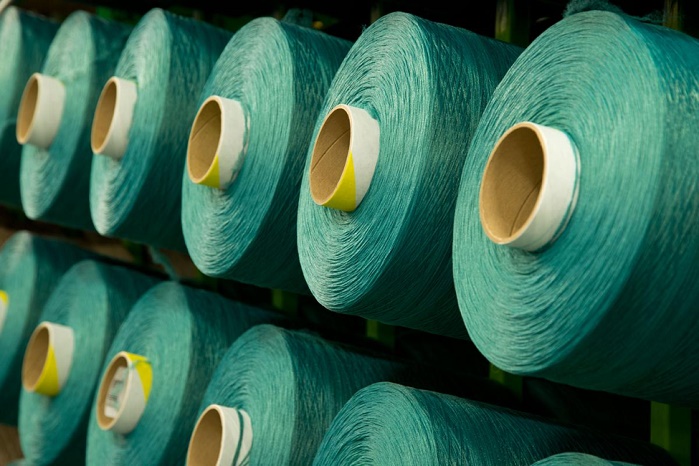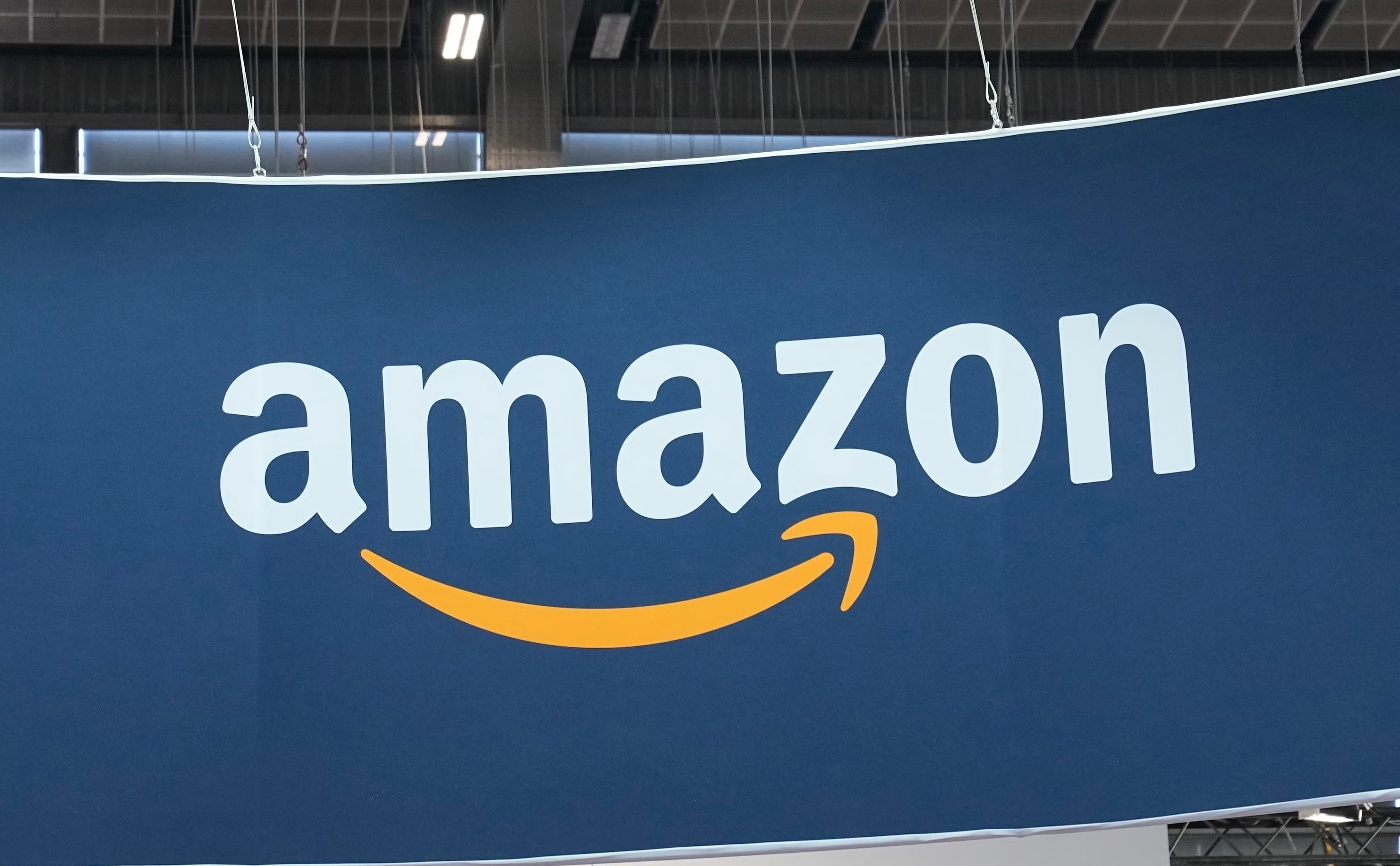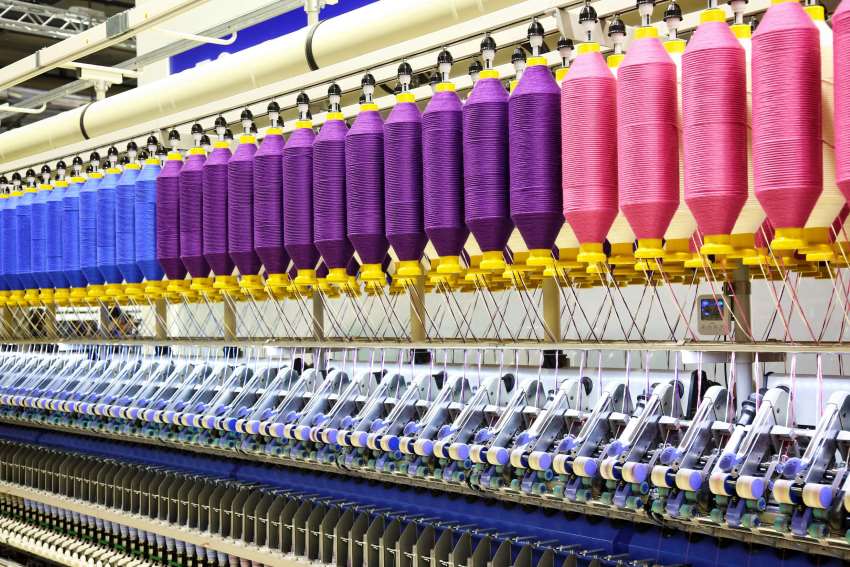FW
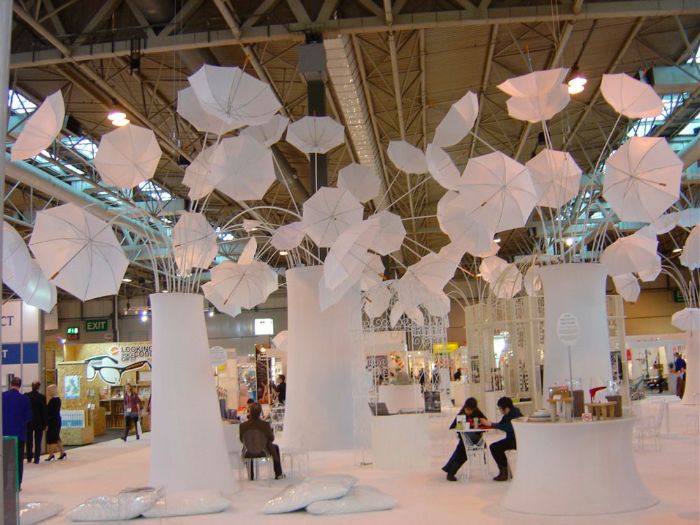
Spring Fair Moda is on in the UK from February 5 to 8, 2023. This is the UK’s leading marketplace for wholesale home, gifts and fashion. Thousands of buyers eager to discover their next best-sellers and forthcoming year’s retail trends have thronged the ongoing fair. Anticipation is high and queues are long.
The product sectors include: beauty and well-being, gift, greetings and stationery, children’s toys and play, party and celebrations, Christmas, floral and seasonal decorations, home, living and décor, housewares, women’s wear, fashion accessories, jewellery and watches and footwear.
With its 74-year heritage, Spring Fair is firmly established as UK retail’s shop for shops. The fair is a key event in the buying calendar and an unrivalled marketplace for new products, networking, insightful content and trends. It welcomes the entire retail industry, including large and small retailers, buying groups, agents, associations, change makers, and creatives, and it has evolved to become more than just a trade show.
Metaverse an added experience
Spring Fair is an experience. Exhibitors and buyers are positive about the positive impact the fair has had on their businesses. Renowned for its outstanding content and trend inspiration, the Inspiring Retail Stage welcomed a host of experts advising on business health, navigating the metaverse, and the latest innovations in sustainability messaging.
Visitors were given insights into what, how and why of branding. A new year called for a bold start to the season in Moda. Alongside a fresh edit and the latest collections from over 300 women’s wear brands, accessories, jewellery and watch, and footwear. Moda is leading the way in celebrating upcoming design talent. CEOs are sharing their expert roadmap and enabling business owners globally to stop wasting time and be able to re-imagine their businesses so they can stay relevant and lead in a world that no longer wants more.
Focus on social media
A session on selling on TikTok shares top tips for selling with soul in order to grow community and sales and a fashion consultant will offer ideas on getting more from the platform and growing the customer base. Retail entrepreneurs can take to the stage to delve into current challenges facing businesses across the UK as well as the opportunities that can often arise out of tough trading conditions.
The event is collaborating with the National Association of Jewellers to support the next generation of jewellery designers. In a vibrant showcase of up-and-coming footwear designers, designs by students culminated in an awards ceremony on the Modastage.
Jeanologia has developed technologies to enable the production of eco-friendly fabrics and perfect the link between fabric and finish.
G2-Dynamic ozone technology and Anubis technologyare key components of Jeanologia’s Mission Zero, which aims at eliminating 100 per cent of the waste generated in the production and finishing of jeans.G2 Dynamic ozone technology is a key enabler for a more sustainable and competitive textile industry, and it is important to start the process with the fabric to prepare it for subsequent processes that are more environmental-friendly.
The Anubis system developed by Jeanologia makes use of thermal shock. Maximum shrinkage control and fabric relaxation are achieved with no water and in a shorter amount of time.The subsequent ozone treatment with G2 Dynamic maximises the cleaning effect, making it the only treatment required for the continuous finishing of textiles without the need or risk of water.
Similarly, G2 Dynamic is a green substitute for some of the most polluting and water-consuming fabric finishing processes. This ozone technology for continuous treatment of fabrics achieves more authentic results in less time, while also conserving resources in textile production and finishing.Its high-performance cleaning eliminates build-up, boosts crocking and colour fastness, and functions as a laser enhancer.
Asos will support Good Weave in its work to end child, forced and bonded labour in global supply chains. Asos is a fashion e-tail giant.
Good Weave, a nonprofit founded in 1994, works at stopping child labor in global supply chains through a market-based system and holistic approach. Asos will specifically focus on fashion apparel and accessories suppliers in India and will begin selling select products covered under the GoodWeave Standard in late 2023.
Three strategic Asos suppliers in India exporting fashion apparel and accessories will be enrolled in the program, with further suppliers added in the months ahead. Each supplier will undergo audits and unannounced inspections by dedicated Good Weave staff trained to identify potential risks and issues of forced, bonded and child labour.
Asos is addressing risks of child labour and modern slavery through auditing and local engagement and builds on its other NGO partnerships working in this space, including The Centre for Child Rights and Business in China.
With this new partnership with GoodWeave, Asos is taking its modern slavery and ethical trade work one step further through assurance and deep supply chain mapping, helping ensure that workers are protected and their rights respected. The risks of forced, bonded or child labour are always present within complex global supply chains.
Luxury brand Ermenegildo Zegna has acquired a stake in Norda Run.
Norda Run is a Canadian technical trail-running shoe brand. Zegna has taken a minority stake, with the option to gradually increase its stake in the running brand over the next nine years.
Norda Run which uses the finest materials on the planet to produce the world’s best-performing all-weather footwear is seen as aligning perfectly with Zegna’s values of creating the best products from the best materials.
Zegna’s investment in Norda Run is expected to accelerate the brand’s growth through a strong industrial and commercial partnership. Norda Run offers trial running shoes, inspired by Canada’s toughest conditions,utilizing Dyneema, described as the world’s strongest and lightest fiber. Norda’s signature 001 trainer uses the bio-based Dyneema fiber attached to a Vibram midsole for lightweight, durability and cushioned performance.
ErmenegildoZegna, based in Italy, owns the brands Zegna and Thom Browne. In spite of the continued global economic and geopolitical challenges of the year, the group is happy with its performance. Throughout 2022, the company’s growth for the year showed the soundness and success of its strategy, global reach, and flawless execution, with ongoing success in the Middle East, US, and Europe. The company is optimistic about China’s reopening since a rebound in business and the industry at large is being seen. Ermenegildo Zegna will operate the Tom Ford fashion business under a long-term license from Estée Lauder.
Burberry has unveiled a rejuvenated identity under the direction of its newly appointed chief creative officer Daniel Lee.
Born and raised in England, Daniel Lee is an award-winning designer and one of the most exciting British creative talents of his generation. From 2018 to 2021, Daniel served as creative director at Bottega Veneta, where he helped reinvigorate the Italian luxury brand. He was previously director of ready-to-wear design at Celine, which he joined in 2012, and he has also worked at Maison Margiela, Balenciaga and Donna Karan.
He is an exceptional talent with a unique understanding of today’s luxury consumer and a strong record of commercial success. In his new role, Daniel will oversee all Burberry collections. He will present his debut runway collection at London Fashion Week in February 2023. Burberry is a British luxury brand. As the pandemic effect eases Burberry’s boutiques are all open back up fully.
Burberry has been pursuing a fusion between social media celebrities and the blockchain, including the launch of NFTs in the gaming world. Burberry’s ultra-savvy marketing drives are helping the company win new style-hungry customers across the world, desperate to get their hands on a slice of the brand and willing to pay full price for the privilege.
Paul Smith has decided to leave the Russian market. So the British brand will close its two stores in the country which were operated by a franchise partner.
In February 2022, on learning of Russia’s invasion of Ukraine, many brands took to cutting ties with suppliers and franchises in the region, or closing up shop altogether, in response.
UK fashion retailer Paul Smith has 130 stores in 70 countries and celebrated 50 years of independent design in 2020. Paul Smith is Britain’s leading independent design company. This is a British company with a global outlook.
Paul Smith champions positivity, curiosity and creativity. These qualities underpin every Paul Smith design, whether it’s a shirt, a shop or a special collaboration. Since Paul Smith products are crafted with fifty years of design knowhow, this experience informs everything it makes, from refined yet relaxed tailoring for men and women through to casual trainers, formal shoes and Paul Smith Junior pieces for young customers.
Days after the war began, Inditex decided to close its 502 shops in Russia, its second largest market after Spain, with more than 9,000 employees, and to suspend online sales in the country as a result of the Russian invasion of Ukraine.

In the eye of an economic debacle that saw the implosion of the country’s stability, the apparel sector in Sri Lanka held its ground, closing the year 2022 with a 22 per cent growth in exports compared to the disastrous scenario in 2021. However, as expected, local sales have been low and retailers and manufacturers are seeing inventory stock piling. As per the country’s Joint Apparel Association Forum (JAAF), the first half of 2023 will be subdued as a controversy over the government’s plans of withdrawal of Gazette No 2041/10 of Licensing of Shipping Agents Act that protects importers and exporters from anti-competitive practices. JAAF is against this withdrawal and dissuading the government from going forward with the plan. Meanwhile the apparel segment revenue is projected to reach $424.50 million in 2023 and with an annual growth 15.30 per cent between 2023 and 2027. This will result in a projected market volume of $750.20 million by 2027.
Need to protect the sector
The government should not be influenced by a select few service providers who enjoy good relationship with the present authorities and not withdraw any market-friendly legislation that protects the apparel exporters’ interests in these fragile economic times, opine experts. In the long run, such random decisions would cause severe damage to the apparel sector.
The withdrawal of Gazette Notification No 2041/10 dated 17th October 2017 will result in the Minister of Ports abandoning his regulatory duties, such as protecting free-market competition and axing the cardinal principles of shipping where no price fixing is permitted; leading to increased costs of imports and adding to inflationary pressures. Additionally, Ministers should not have the power to punitively fix charges on transactions between private parties. The Minister must be an impartial regulator to protect the weaker party in the absence of equal bargaining power. Instead, the government has been advised to seek out as many FTAs as possible in the quickest manner.
Experts feel the only way to stay afloat is to ensure penetrating high-value markets with FTAs. The government has also been advised to help keep manufacturing costs down through incentives so Sri Lanka can continue to be competitive. For this reason, experts have advised the removal of bureaucratic red-tapeism and ease methods of doing business.
JAAF is rightfully concerned about the withdrawal of legislations that were a safety net for apparel exporters. They have raised concerns over apparent plans to end a regulation on shipping fees which they say protected them from wrongful charges from service providers. The original regulation was issued on the basis that the cost of carriage of containers from origin to destination must be identified as all-inclusive freight without dividing them into land costs and freight components, the service provider can only recover costs incurred from the use of the service to whom the service was provided, and not from a third party, with no such contractual liability and goods that landed at port could only indicate ‘Freight Pre-Paid’ or ‘Freight Collect’.
An increase in fabric imports from India
Meanwhile, the island nation saw an increase in fabric imports from India. While it may be attributed to the nation being grateful to India for its timely support during the worst days of the economic crisis, import of Indian fabrics increased almost 50 per cent. Sri Lanka’s fabric imports from India increased to $565.848 million in 2021 from $374.214 million in 2017, reveals a market study. Fabric imports from China to Sri Lanka were at $888.772 million in 2017 which increased to $897.101 million in 2021. In the first 11 months of 2022, Sri Lanka’s fabric imports stood at $2 .141 billion. China and India were the top suppliers with total contribution of more than 64 per cent. China’s import share was 38.73 per cent, while India’s share was 26.01 per cent of the total.
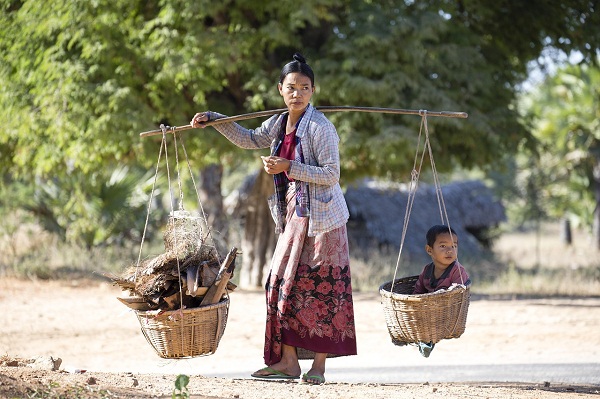
Global human rights organization are keeping a hawk’s eye on Myanmar as 1st February marks two years of military's takeover and the beginning of a nationwide state of emergency. The subsequent social and political turmoil has hampered the economy and stifled it almost completely. Social abuses are far-ranging from inhumane working conditions in factories, wage theft and violence leading to arbitrary arrest and killings.
During this bifurcating economy where on one hand, livelihoods of ordinary people are being badly affected but on the other, a few sectors, such as the garment industry, is moving toward some level of economic recovery. This is seen in the export records of garment products from January to September 2022 to the European Union, Japan US which was $3.3 billion or 1.6 times more than the same period a year earlier.
Companies continue operations
Although the Western governments have imposed sanctions on military-related companies, there are no legal restrictions for Western companies on dealing with partners in Myanmar. Thus the door to business is still ajar to many global apparel brands including H&M, Adidas and Uniqlo to continue ordering products from subcontractors in Myanmar. Companies in other sectors such as Unilever and Toyota Motor are continuing operations in Myanmar and giving a livelihood to factory workers and lower income categories.
According to the World Bank Economic Monitor, in 2022 the percentage of people living below the national poverty line in Myanmar reached 40 per cent, doubling from 20 per cent in 2019, due to the pandemic and military takeover. Weak economic activity is indicative of the range of constraints facing the Myanmar economy.
“Despite severe constraints, economic activity has picked up in some areas, demonstrating the adaptability of Myanmar’s businesses. However, industries more dependent on domestic demand are facing challenges from lower household incomes and rising prices, while agricultural production remains constrained by increased input prices, transport disruptions, and ongoing conflict,” says Kim Edwards, World Bank Senior Economist for Myanmar.
Many look for responsible exit
However, according to the United Nations Comtrade database, around 126 countries imported goods from Myanmar in 2021 which was slightly lower than 134 countries in 2020. Despite this, the total value of the countries' imports saw 7 per cent growth to nearly $21 billion, which shows the country’s exports in the first year of military control expanded sizeably despite international sanctions.
Experts feel it is time for Myanmar to closely cooperate with neighbours such as China, India, Thailand, Laos and Bangladesh to export its products. China had led the export boost as the largest customer for Naypyitaw, with purchases worth over $8 billion in 2021which was a 25 per cent increase from the previous year.
Given the ongoing political turmoil, many big retailers including M&S and Primark have taken steps to stop sourcing from Myanmar and are speaking to the fashion industry and garment workers' rights organizations about a responsible exit. Large UK retailers and other international retailers taking social responsibility and making a Modern Slavery Act submission and many others are expected to follow in the planned exit footsteps in the aftermath of the military coup. As the country faces a political and economic storm, apparel brands sourcing from the country currently remain confused about what the ‘Made in Myanmar” tag may hold for them from the global perspective.
The Joint Apparel Association Forum (JAAF), the leading body for Sri Lanka's apparel industry, recently held its 19th Annual General Meeting, where industry veteran Sharad Amalean was re-appointed as Chairman. The Executive Committee was also unanimously re-elected, including Saifudeen Jafferjee and Felix Fernando as Deputy Chairmen.
In his Chairman's address, Amalean emphasized the importance of bringing in new, young leaders to drive the industry beyond 2025. He noted that JAAF's credibility has helped the industry work closely with the government and relevant authorities, contributing to a favorable business environment. Despite challenges faced in 2022, the textile and apparel sector recorded a turnover of LKR 5.5 billion.
Aroon Hirdaramani, past Chairman of the Sri Lanka Apparel Exporters Association, warned that 2023 will be a challenging year, with luxury brands expected to perform better than others. JAAF Secretary General Yohan Lawrence highlighted vital policy priorities and expressed concern over Sri Lanka's declining market share in the face of growing competition from Bangladesh.
JAAF is pushing for relaxation on rules of origin for the EU's GSP+ and UK's DCTS schemes. The AGM was also attended by JAAF's constituent associations, who thanked JAAF for its leadership during trying times and urged authorities to reassess measures affecting the industry's competitiveness.
The export of textile waste and used clothing from the EU to countries such as Pakistan has increased due to fast fashion trends. In 2021, 46 million USD worth of used clothing was exported from the EU to Pakistan.
This lack of distinction between textile waste and second-hand clothing, along with the lack of regulations, has caused the rise of textile waste in landfills and an increase in GHG emissions and unsustainable water consumption.
The EU is now promoting textile circularity and regulating the export of textile waste. Pakistan has a large resale market for secondhand clothing and has the potential for recycling and redesigning used textiles. The introduction of recycling plants for recycled Polyester Staple Fiber (rPSF) has the potential to uplift the industry.
The EU's strategy for sustainable and circular textiles will greatly transform the textile production patterns in Pakistan and drive fast fashion out of fashion. The EU's strategy requires the industry to adopt resource-efficient processes and circular business models, with a focus on eco-design and recycling of used textiles. This will require skilled labor, efficient policies, and technical progress for recycling and treatment of used clothes.
The EU's stricter regulations will require tracking the origin of all textiles, and mandatory requirements for the second life of used textiles. The shift towards recycled secondhand textile products will ultimately help decouple textile waste generation from growth.


